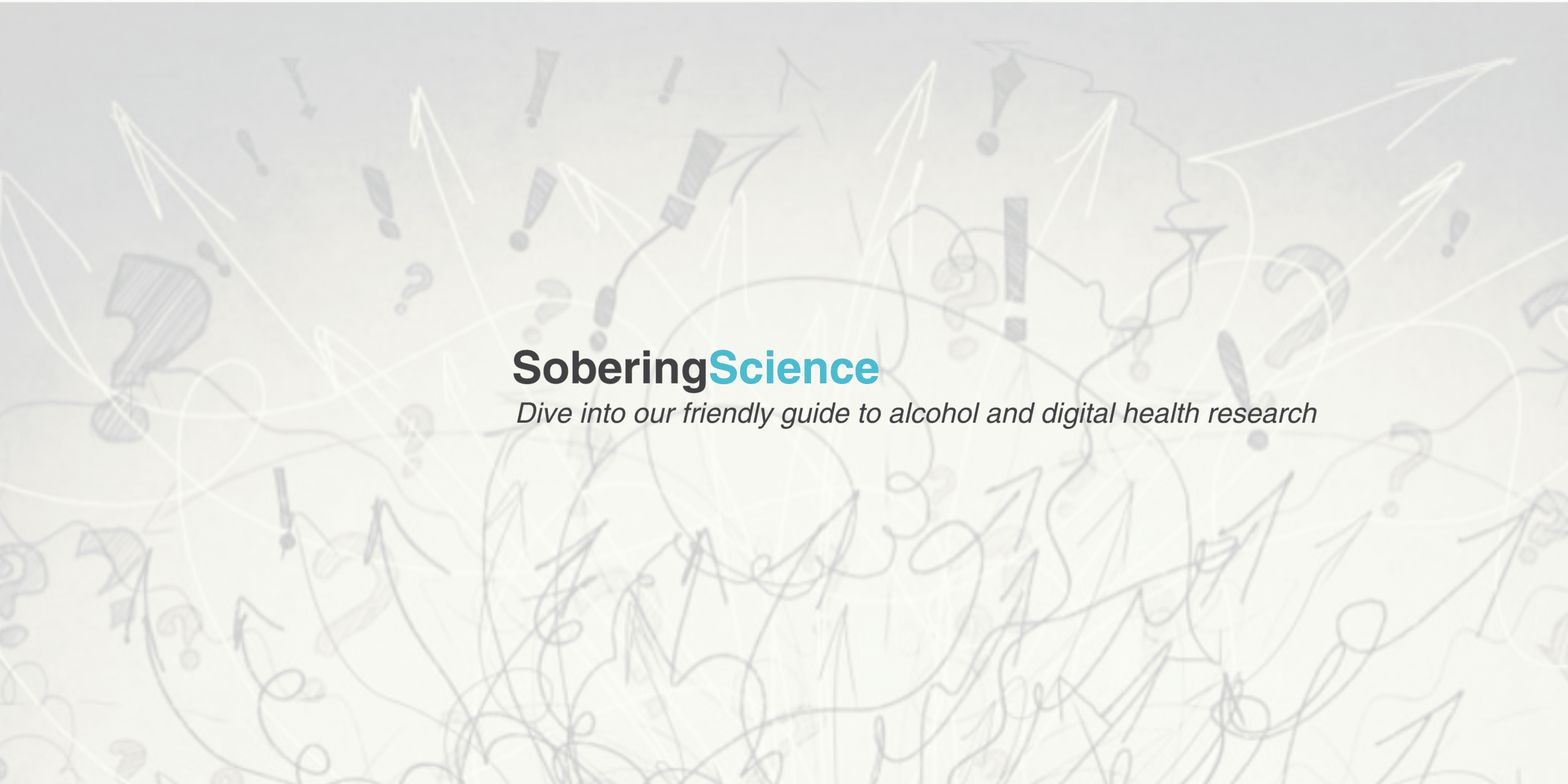
Why older drinkers should reconsider their nightly tipple
In 2016, according to the National Drug Strategy Household Survey, more than 30 per cent of people over 60 were drinking at risky levels. The same survey also revealed that people aged 70 and over often exceed 2 standard drinks per day on at least 5 days per week (AIHW, 2016). For older drinkers, the effects of alcohol can be more pronounced, and it can take longer to 'bounce back'.
For people in this age category, guidelines set by the Australian Institute of Health and Welfare stipulate that consuming fewer than four standard drinks in one session can help reduce the risk of alcohol-related injury arising from that occasion and that drinking fewer than two standard drinks on any day can help to reduce your risk of harm from alcohol-related diseases or injury over a lifetime, such as certain cancers. Now, some of you may have read those guidelines and thought it would be incredibly easy to surpass those limits over a weekend of social gatherings and bbq’s – I know I certainly did the first time I saw those guidelines, and so would many other Australians. In 2017, FARE conducted a survey of 1,820 Australians, revealing that awareness of these guidelines was at just 58 per cent.
As we age, the effects of alcohol become more pronounced. People over the age of 50 have decreased levels of body water content and chemicals that break down alcohol in the body (gastric alcohol dehydrogenase). This means that alcohol will remain in your body for longer periods of time as it is not being broken down as quickly, leading to a prolonged and more rapid feeling of being tipsy. Women, on average, are composed of less water than men and therefore can feel the enhanced effects of alcohol. This can be a real problem, particularly for older Australians, as it places them at more risk of things like accidental falls and drink driving.
Working in health promotion, this figure does not surprise me; alcohol is incredibly well advertised across sports, movies and TV shows, frequently being promoted as the first thing to do after coming home from a day at work. Alcohol is easily accessible (you can pretty much get alcohol anywhere nowadays, even at some hairdressers), cheap (depending on your taste) and often the central focus of socialising with many of our friends looking forward to ‘cracking one open’. Like anything that we may be tempted to consume in excess, being mindful, educated and honest about our consumption can often help us make better decisions for our health – whether this means cutting back, giving up completely or seeking professional help from a trusted health care professional. Low-risk drinking is about balancing your enjoyment of alcohol with the potential risks and harms that may arise from it – especially if you go beyond low-risk drinking levels.
Alcohol does not mix well with certain medications or health conditions. Drinking at risky levels may, in fact, worsen certain health conditions such as having high blood pressure, diabetes, liver disease, infections, mental health conditions and sleep disorders. It is important for older Australians to understand that risky drinking when on medications can have serious health consequences. Always confirm with your GP if any medications you are taking are affected by alcohol.
In the case of alcohol, not getting the support you may need can take its toll on your health and relationships. We live in a paradox society that constantly encourages and enables people to drink, but if you develop an issue with drinking, all of a sudden, you can be condemned for it – rather than being supported to get help and, most importantly, not being judged for getting it. If you know someone whose drinking you are concerned about, make sure you visit our website www.thetalkweneeded.com to find out how you can support someone you care about.










What a timely article to read. Too many of us are fooling ourselves that what we do daily is ok. It’s not. My partner is in hospital with pneumonia which has meant his biopsy to determine the type of cancer growing in his aorta has been cancelled this week. Be both drink too much. I’m 58 and he is 63. We should know better. Thank you to the writer.
THANKYOU for your fine article!!!
A very informative article. I have been pushing the boundaries with my wine intake. So far I have not had any health problems but feel I have been fortunate and will definitely consider my decision to drink.
Thank you for addressing this issue and including boomer group in your discussions!!
I am 61 and can’t stop drinking 2 beers and a bottle of 13% wine daily. I don’t have any support to quit. I just plain can’t quit. Please help me.
Hi Deb, Sorry to hear about your struggles. We have an online program, that is free for Australians, called Daybreak. Daybreak helps you change your relationship with alcohol through a supportive community, habit-change experiments, and one-on-one chat with health coaches. You can download it to your phone as an app or use it online. Click here for more and good luck! https://hellosundaymorning.org/daybreak/
Hope you have received support. If not, I am a recovered drinker,
Presently studying to be Addiction Counsellor and would gladly do 8 free sessions for you…you’ve already taken the first step
By reaching out…There are a lot of very competent people
Out there….take care, Fran
franq1951@gmail.com
Hi Deb
I too am struggling to quit, but I am hopefully getting there.
Try drinking Peroni Libera zero alcohol beer. It has helped me by providing the beer taste I am used to, and by substituting the habit of reaching for a beer. It is definitely helping in my case!
I am trying to break the habit of 2- 3 glasses of wine in the evening at home . I know it is not doing me any good . I am 72, divorced , no family and low income . Life has become challenging since retiring , and a lot of caring for sick and older relatives. All of the above have added to depression and exhaustion . I know I can break this habit ,as I have done so before for months .Reading peoples comments and ways of managing is good , as I have cut down to 1 glass per night in the last week . I need to wake up each morning and bless the day and not waste the time I have left on this earth , and be grateful that I am still here. Thank you all for the helpful stories .
These response resonate with me, I really feel like I need control when I drink rather that being controlled. I don’t get drunk and it does not affect my daily life in all other ways I eat a very healthy diet and exercise daily. As I get older (57) I am very aware of the heath implications and I just want to be able to have a glass if wine because I want to not because I need to. I is reassuring to know that I am not alone in this.
The only drinking I do is when I’m at a reception or at someone’s house for dinner, and these are rare situations, since I’m retired. In the last two months, I don’t think I’ve had anything to drink. Even a slight hangover has deterred me from much, if any, drinking. I like the feeling of waking up in the morning without any after effects.. I don’t eat as well as I should, nor do I exercise as much as I should. So in a case like mine, why make things worse by drinking?